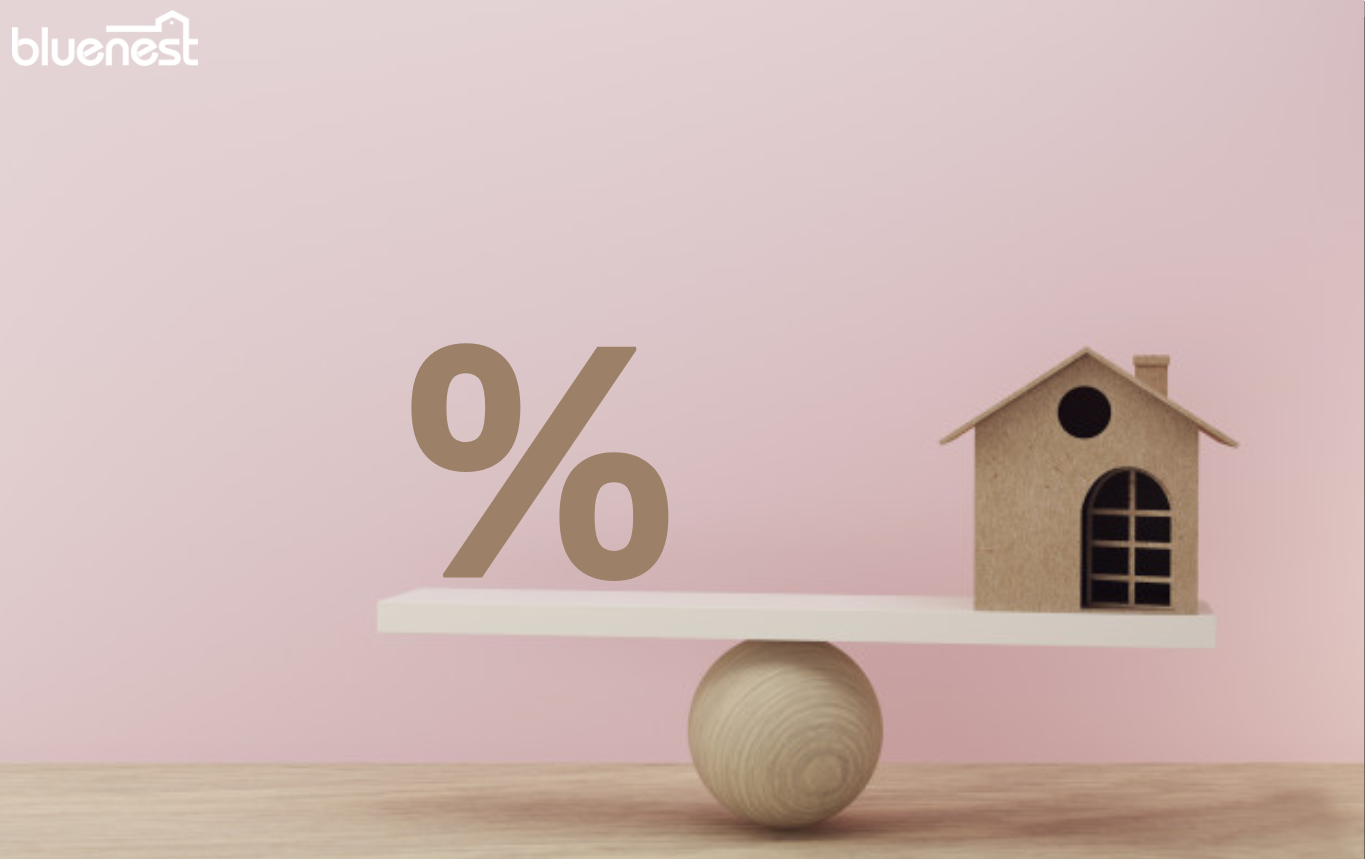
For many individuals and families in Singapore, owning a home is a significant milestone. As property prices continue to rise, securing a housing loan becomes essential for many prospective homeowners. In this article, we will provide you with a comprehensive guide to housing loans in Singapore, covering key aspects such as eligibility criteria, loan types, interest rates and other important considerations.
Whether you choose an HDB housing loan or a bank loan depends on your financial capabilities and risk profile:
i. HDB Housing Loan: HDB offers a fixed-rate loan, currently at 2.6% which is pegged at 0.10% above the prevailing CPF Ordinary Account (OA) interest rate. It is suitable for individuals seeking lower risk and stable monthly payments. However, it comes with certain limitations and eligibility criteria.
ii. Bank Loan: Bank loans offer more options and flexibility, including fixed and floating rates. If you are comfortable with some financial risks, have the discipline to review and refinance periodically, and meet the eligibility criteria, a bank loan may be a viable option.
Evaluate your financial capacity, risk tolerance, and the pros and cons of each option to make an informed decision. Now, lets begin with the steps to getting your housing loan!
Before you begin the loan application process, it’s essential to determine your maximum loan amount. Banks in Singapore use two main ratios to assess your borrowing capacity:
i. Total Debt Servicing Ratio (TDSR):
The TDSR is a calculation that determines the percentage of your gross monthly income that can be allocated towards servicing all your debts, including the housing loan. The TDSR threshold for property loans is set at a maximum of 55% of the borrower’s monthly income– meaning your total monthly debt obligations, including the new housing loan, should not exceed 55% of your income.
ii. Mortgage Servicing Ratio (MSR):
The MSR calculates the percentage of your gross monthly income that can be used to service your housing loan installments. The MSR threshold is set at 30% of your income. In other words, a maximum of 30% of your gross monthly income can be used for your monthly housing loan repayment.
*Do note that the MSR applies only to housing loans for a HDB flat, or an executive condominium (EC) where the minimum occupation period (MOP) of the EC has not expired.
To ensure that you’re not taking up too much debt, a good rule of thumb is to keep this ratio within 25% to 30% of your gross monthly income instead
By understanding these ratios and evaluating your financial situation, you can estimate the maximum loan amount you can borrow from the bank.
After assessing your financial capacity, the next step is to obtain an In-Principle Approval (IPA) from the bank or the HDB Flat Eligibility (HFE) letter from HDB.
You will need to provide relevant documents such as your income statements, identification documents, employment details, and property information.
Bluenest partners with financial institutions and we can assist if you require an IPA. Just call us at 3138-2554 or contact us here.
Based on the in-principle approval from your bank or HFE Letter from HDB, you will know how much you are eligible to borrow. Nevertheless, you may wish to think carefully about your financial situation before making an offer.

Once you have obtained the IPA/ HFE Letter, you can proceed with paying the Option to Purchase (OTP):
Selecting the best housing loan interest rates is a critical decision when financing your dream home. With numerous banks and loan packages available, it’s important to consider various factors to make an informed choice. Below are key considerations when choosing the best housing loan interest rates for your needs.
1. Should I get a Fixed Interest Rate or Floating Interest Rate?
One of the primary decisions to make is whether to opt for a fixed interest rate or a floating interest rate:
i. Fixed Interest Rate: With a fixed interest rate, the rate remains unchanged throughout a specific period, typically ranging from two to five years. This offers stability and predictability in monthly mortgage payments, shielding you from market fluctuations.
ii. Floating Interest Rate: A floating interest rate, also known as a variable interest rate, can fluctuate based on market conditions. Floating rate housing loan is usually pegged to the Singapore Overnight Rate Average (SORA) or a Fixed Deposit Based Rate (FDR). Floating rates offer the potential for lower interest rates during periods of market decline but come with the risk of increased rates when the market rises.
Consider the following when choosing between these 2 options
You can find out the latest mortgage rates from portals like Propertyguru
The lock-in period refers to a specific timeframe during which you are obligated to maintain the loan with the same bank or face penalties for refinancing or early repayment. When assessing loan packages, pay attention to the lock-in period:
i. Longer Lock-In Period: Loans with longer lock-in periods, typically three to five years, may offer more favorable interest rates or other benefits. However, they limit your flexibility to switch lenders or refinance during that period.
ii. Shorter Lock-In Period: Loans with shorter lock-in periods, such as one to two years, provide greater flexibility but may come with slightly higher interest rates or fewer benefits.
Evaluate your long-term plans, such as potential property sales or refinancing, and choose a lock-in period that aligns with your goals.
Certain loan packages offer additional features that can be advantageous:
i. Redemption Waiver: Some banks may waive or reduce the redemption penalty if you sell your property during the lock-in period. This flexibility can be valuable if you foresee the possibility of selling your property within the lock-in period.
ii. Conversion Options: Look for loan packages that provide free conversion options within or at the end of the lock-in period. This allows you to switch between fixed and floating rates or adjust the loan tenure without incurring additional costs.
Consider these features if you value flexibility and foresee the need to sell or adjust your loan terms during the lock-in period.
Choosing the best home loan interest rates requires careful consideration of fixed versus floating rates, the lock-in period, redemption waiver, and conversion options. Additionally, deciding between an HDB housing loan and a bank loan depends on your financial capabilities and risk appetite. Take the time to assess your needs, seek professional advice, and compare loan packages from various banks to secure the best home loan interest rates that align with your long-term financial goals!
**New cooling measure with effect from 30th Sep 2022:
Click here to read more about this cooling measure and how it will affect your next purchase.
Joreen is the Sales Director at Bluenest and a seasoned property agent who's transacted over 600 properties since 2008. She specialises in residential properties and is adept at resolving complex queries for clients. Remarkably, Joreen was ranked top 20 in Singapore for the number of HDB properties transacted for the first half of 2019.